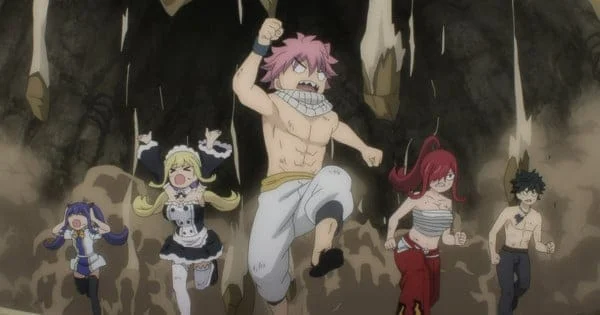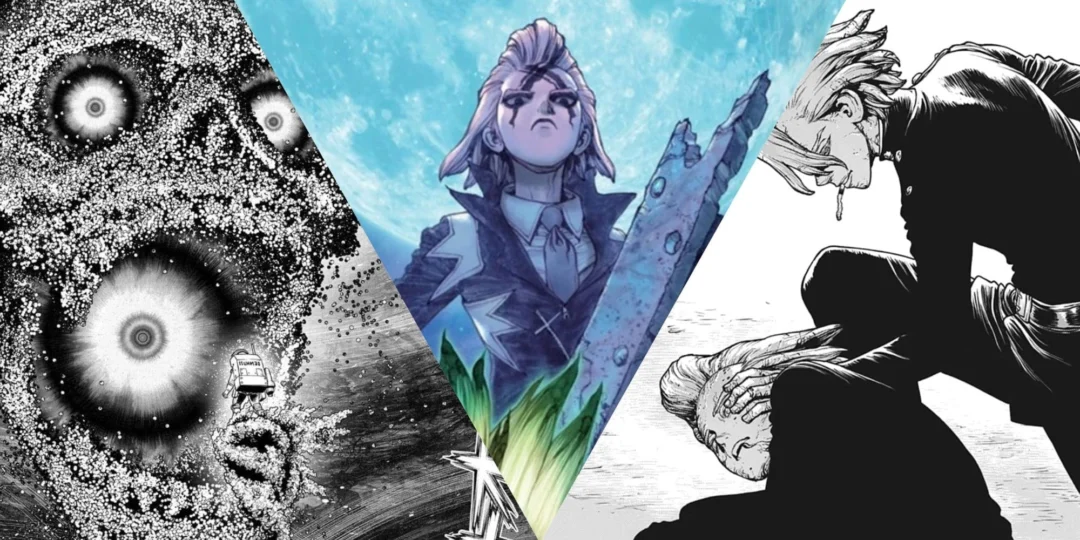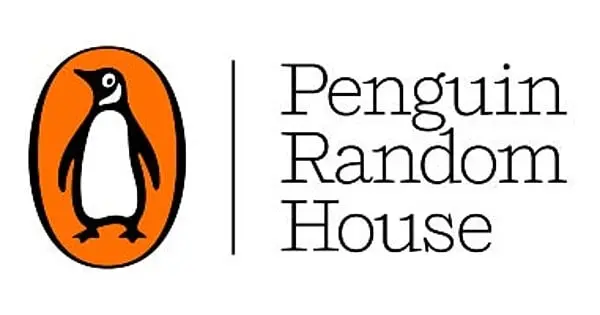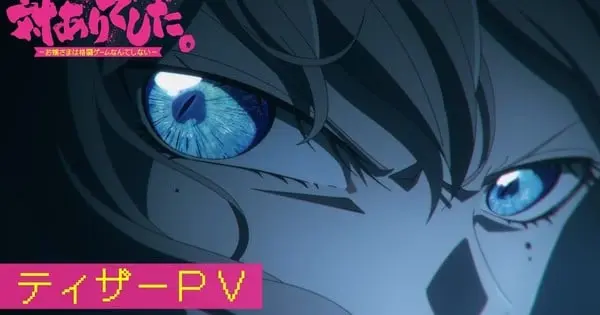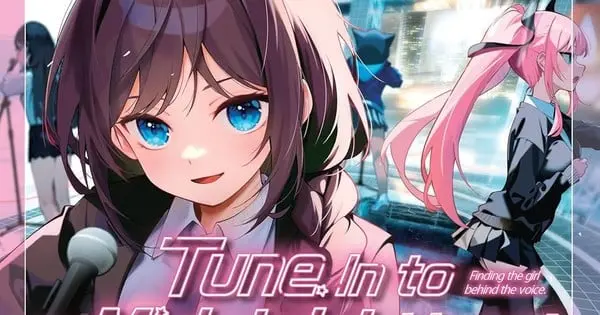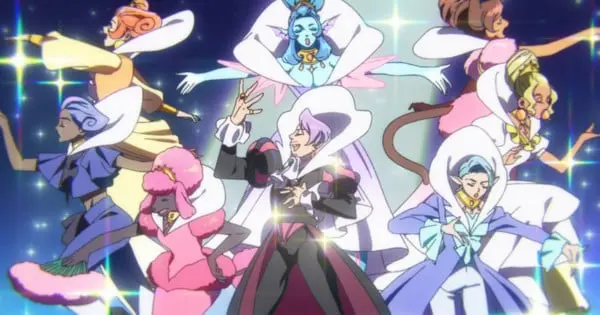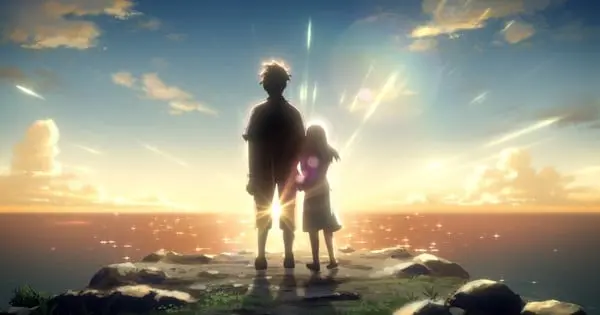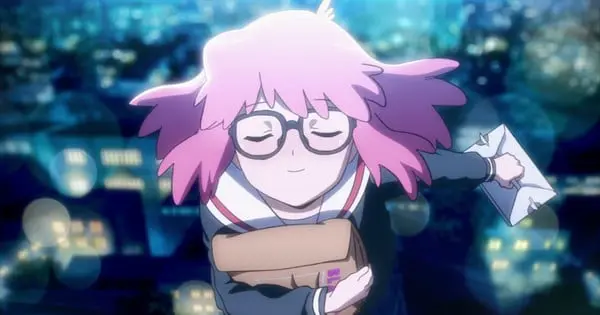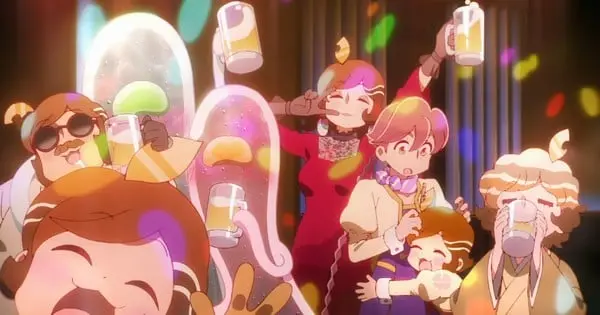Episode 3 of ZENSHU. has arrived, and the anime continues its fascinating, meta-commentary on the isekai genre. This installment significantly shakes things up, proving that Natsuko‘s presence in the world of “A Tale of Perishing” isn’t just a passive observation, but an active catalyst for change. The ripple effects of her actions are becoming increasingly apparent, leading to both comedic chaos and intriguing narrative shifts.
A Festival of Change: Rewriting Destiny
The most significant development in this episode is the alteration of the established timeline. Natsuko, armed with her knowledge of the original anime, initially uses this foresight to predict events and guide the characters. However, her interventions, even with good intentions, begin to unravel the fabric of the story she thought she knew.
Instead of a somber funeral and impending famine, the episode showcases a vibrant harvest festival and a grand ball. This deviation highlights a core theme of the series: the power and responsibility that come with creative control. Natsuko’s attempts to improve the lives of the characters are admirable, but they also raise questions about whether meddling with a pre-existing narrative is inherently ethical.
The shift is not merely cosmetic; it has profound implications for the characters themselves. A damsel in distress discovers her agency, breaking free from the predetermined role the original story had assigned her. Unio, a character who seemingly met an early demise in the “A Tale of Perishing,” is not only alive but also adds a comedic element, flirting with every attractive woman he encounters.
Comedy vs. Anxiety: A Balancing Act
The episode embraces a more overt comedic style, with moments of slapstick and zany humor reminiscent of classic Looney Tunes. While some viewers may find this shift entertaining, others, may find the humor jarring or out of place. The risk here is that the comedy could overshadow the more serious themes the series has begun to explore.
The humor, while present, may cause some anxiety because of its similarities to Astro Note, Kimiko Ueno‘s prior works, which relied heavily on nostalgia and references to older series and ultimately suffered from poor pacing and a failure to capitalize on its potential.
Lore Dump and Hidden Identities
Beyond the comedic moments, Episode 3 offers some substantial lore development. The episode hints at Memmeln‘s concealed identity. This reveal could add a layer of depth to the story and suggest that there’s more to “A Tale of Perishing” than meets the eye.
Subverting Isekai Tropes: A Creator’s Allegory
ZENSHU. continues to distinguish itself from other isekai anime by cleverly subverting genre conventions. Instead of the typical power fantasy where the protagonist dominates the fantasy world with their knowledge, ZENSHU. presents a nuanced allegory for the creative process. Natsuko isn’t simply trying to become a hero; she’s actively rewriting the story, piece by piece, to create a better outcome.
This approach makes ZENSHU. a compelling commentary on fandom, artistry, and the relationship between creators and their creations. Natsuko’s “magical girl” transformation sequence, where she’s depicted working tirelessly at her desk, drawing animation frames, is a particularly insightful and humorous depiction of the animator’s obsessive dedication. It highlights the immense effort and compulsive workaholism that often go into bringing anime to life.
The Princess Trope and Feminist Independence
Episode 3 also introduces a princess character, a common trope in Japanese anime. However, ZENSHU. doesn’t simply rely on this trope; it subverts it. Natsuko intervenes to steer the princess towards “feminist independence,” changing the narrative from one where the princess needs to be rescued to one where she becomes a self-reliant and empowered individual. This clever twist on a familiar archetype is a testament to the show’s wit and its willingness to challenge traditional storytelling.
Concerns and Future Trajectory
While Episode 3 is largely successful in its comedic and narrative endeavors, some concerns linger. One concern is the deviation from the established timeline, which means Natsuko‘s future sight is no longer reliable, leading to things happening out of order and sooner than expected. The ending of the episode leaves room for interpretation, and raises the question of whether she knows about the elf.
Animation and Visuals
The animation quality remains consistently high, with vibrant colors and fluid character movements. The visual design effectively captures the whimsical and fantastical nature of the world, while also lending itself well to the comedic moments. The introduction of new monsters is a welcome addition, showcasing the series’ creativity in world-building.
Final Thoughts
ZENSHU. Episode 3 successfully builds upon the foundation laid by the previous episodes, delivering a blend of humor, lore, and meta-commentary. The series remains a standout isekai anime, offering a unique perspective on the genre and the creative process. While some viewers may find the comedic shifts jarring, the episode’s strengths lie in its clever subversion of tropes, its insightful character development, and its exploration of the power and responsibility that come with shaping a narrative. The introduction of new elements and the alteration of the timeline create ample anticipation for future episodes. It’s a must-watch for anime fans seeking something fresh and thought-provoking.

